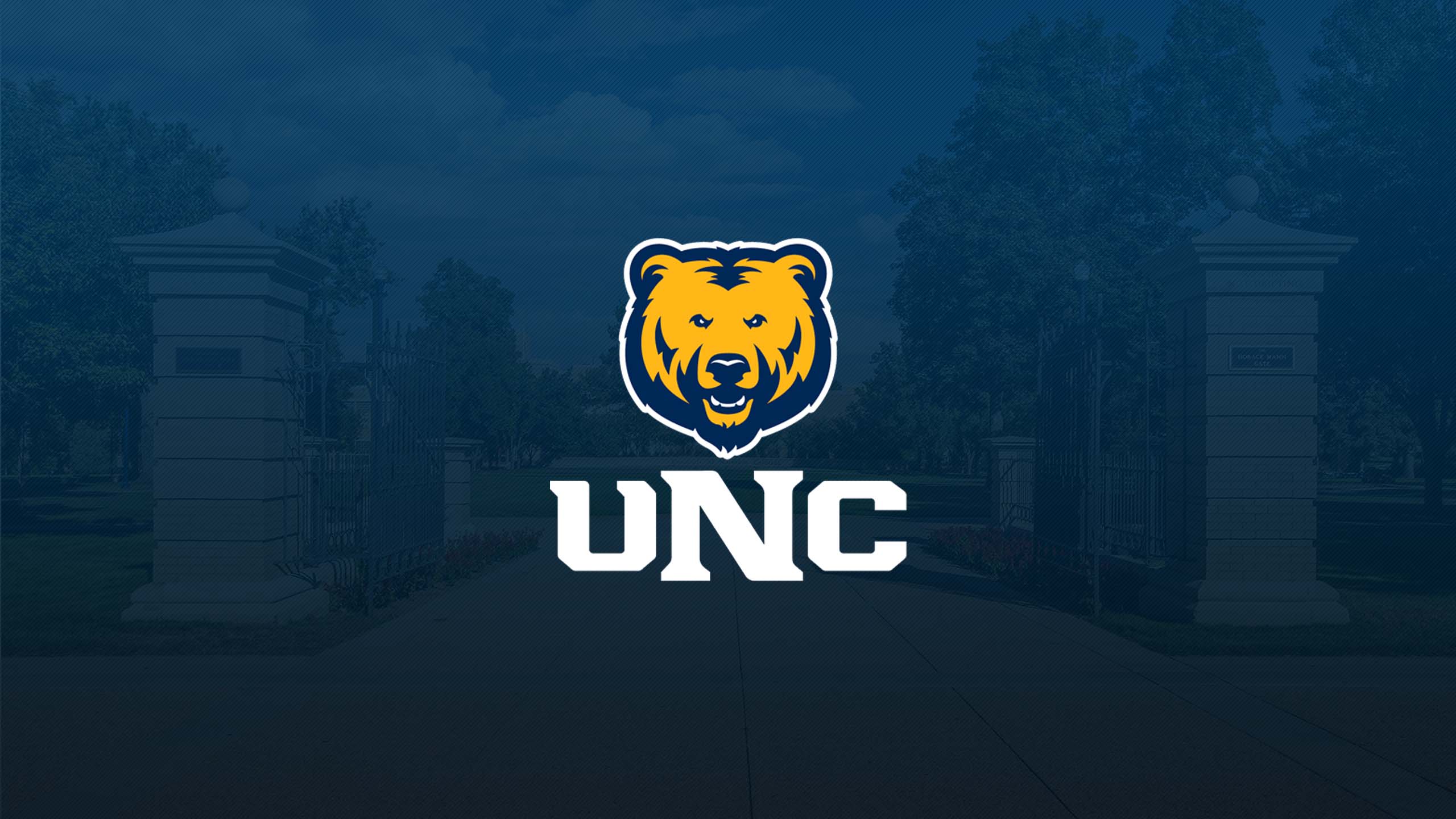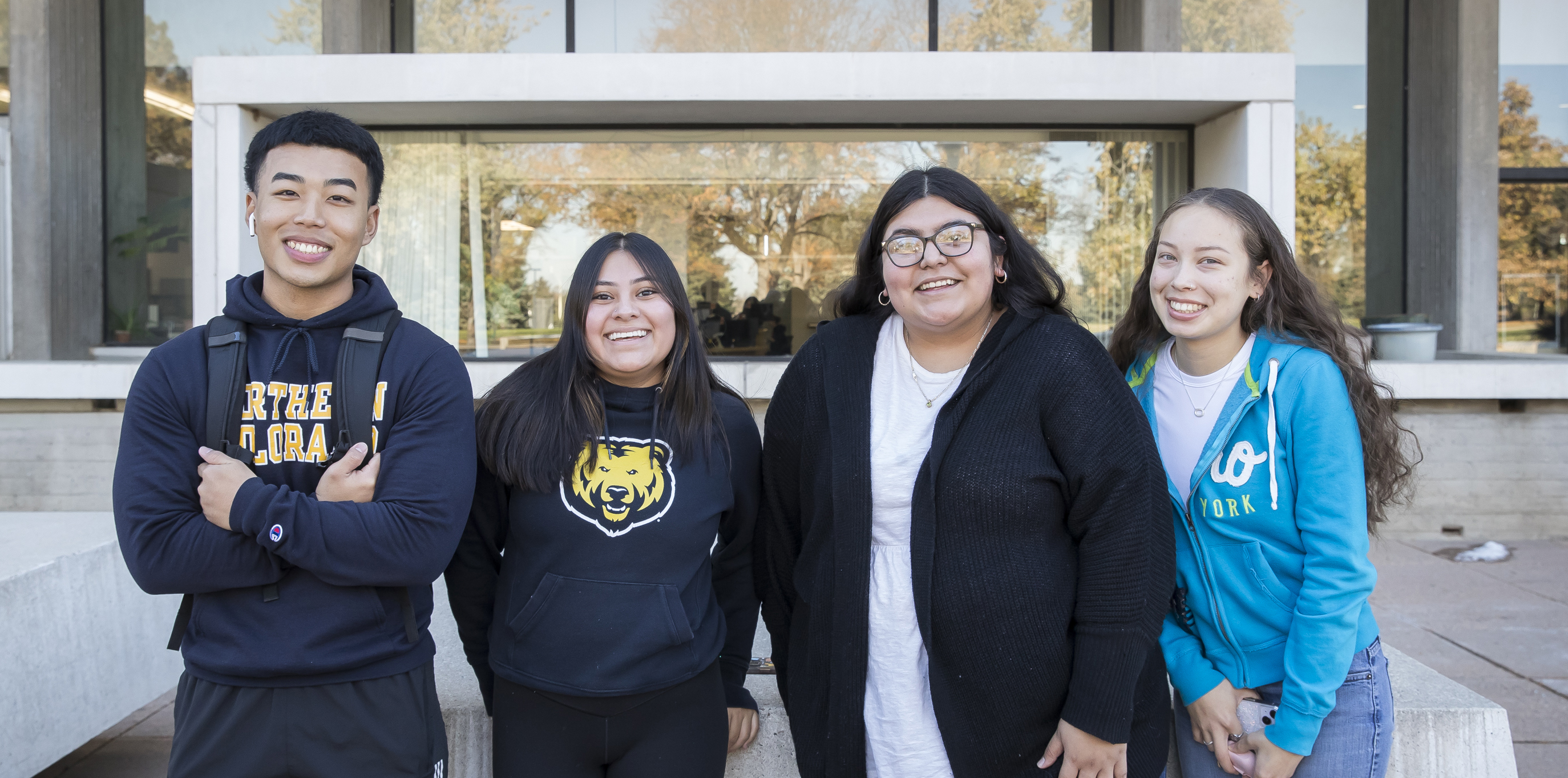
Three decades ago, while sitting in the pews next to her family at church in Wichita, Kansas, LaVerne Lowe had her first introduction to the practice of American Sign Language (ASL).
“A man got up and started to sign a song and it just hit me,” Lowe said. “It was beautiful.”
The moving form of communication stuck with Lowe from then on and she knew she had to learn how to sign herself.
“I was hooked,” she said.
As a child growing up in Arizona with two deaf parents, Letty Moran began signing when she was very young. She turned her skills into a career to serve others in the Deaf community becoming a first-generation Mexican American heritage signer. Those parented by at least one signing, deaf person are referred to as heritage language signers.
“It’s never just been a career for me, it’s been a drive to lead the way and open doors for others,” Moran said.
While the path that led both Lowe and Moran to become sign language interpreters is different, once they began their careers, they noticed the same thing – those working alongside them rarely looked like them.
“Once I got into the field, I realized the need for interpreters of color,” Lowe said. “I remember one African American lady that needed an interpreter and when I walked in the room her eyes got wider and wider. She had an expression that said, ‘we’re the same’ and I could see her stress level go down. It touched me.”
According to the Registry of Interpreters for the Deaf 2019 Annual Report, out of the 14,452 members, only 11% self-identified as Black/African American, Asian American/Pacific Islander, American Indian or Hispanic/Latinx. This underrepresentation is especially noticeable in the legal setting where there’s already a need for qualified interpreters. The shortage of interpreters of color, as well as the shortage of heritage language users, are issues that faculty in UNC’s Department of ASL and Interpreting Studies (ASLIS) have been working to address since 2017.
After receiving a $2 million, five-year grant from the U.S. Department of Education, Rehabilitation Services Administration, and UNC’s contribution of more than $185,000, a program called Project CLIMB was created. Project CLIMB stands for Cultivating Legal Interpreters from Minority Backgrounds.
“The broader picture of training interpreters to be more competent in a legal setting for the Deaf community is extremely important and Project CLIMB took that a step further,” Kelly Decker, the instructional coordinator for Project CLIMB said. “The program really saw every participant wherever they are, whoever they are and created content in curriculum for heritage signers and interpreters of color that has never been done before, ever.”
The goal of Project CLIMB, which wrapped up last month in December 2021, was to train 150 legal interpreters from underrepresented communities. The need for this specialized training was made clear when 340 people from 42 states applied to be a part of Project CLIMB. In total, 217 people were accepted, including both Lowe and Moran.
“It surprised me how many allies are out there that know there needs to be change. It felt really reassuring,” Moran said.
The curriculum was broken down into 19 legal modules that covered a wide range of topics. There were also two practicum opportunities for participants to engage in mock legal interpreting exercises.Both were originally envisioned as a face-to-face induction in which participants would engage in live, one-on-one mentoring with an experienced legal interpreter. Due to COVID-19 restrictions, courtrooms became inaccessible, and the induction was re-envisioned into a virtual environment. This pivot matched what courtrooms looked like at the time in fall 2021.
“It brought the right amount of nervousness,” Moran said. “This gave us the opportunity to learn and get great feedback while doing so."
Out of the 217 individuals enrolled in Project CLIMB, 176 successfully completed the training, 79% of which were interpreters of color, Deaf, and/or from heritage signing backgrounds. Seventy of the 176 who completed the initial training were further trained as mentors within their local communities, which became a secondary program. Both Moran and Lowe were among the 70.
“This program opened doors for someone like me and that is huge. UNC recognized that and is in touch with what is needed,” Moran said.
Since completing Project CLIMB, Lowe has taken on a handful of legal interpreting jobs in a municipal court and plans to continue to do more. Moran recently accepted a position teaching at a community college. Both attribute Project CLIMB for pushing them past their comfort zones and leading them to success. Decker says in the simplest form, that was the goal when creating the program.
“Project CLIMB has increased the number, diversified and improved the quality of trained interpreters working in legal settings. The ripple effect of Project CLIMB has really just begun. There is so much possibility,” Decker said.
Although the five-year grant wrapped up last month, materials on mock legal experiences, an ASL legal dictionary and other resources are available online. Those enrolled in Project CLIMB completed more than 250 hours of professional development over a nine-month period.
More Grants Recently Awarded to ASLEI
UNC’s Department of American Sign Language and Interpreting Studies, ASL-English Interpretation bachelor's program (ASLEI) was recently awarded over $3 million from the U.S. Department of Education (DOE) and the Colorado Commission for Deaf, Hard of Hearing and DeafBlind (CCDHHDB).
The awards will fund three separate projects over the next several years, focusing on identified gaps that exist in ASL-English interpreting services, particularly in rural areas and educational settings both in Colorado and across the nation.
Preparing School Interpreters (PSI) Project: An OSEP Grant
Interpreters provide primary access to educational opportunities for students who are deaf and hard-of-hearing, yet often they do not meet their state’s regulations/licensing requirements to work in a public school setting. This $1.25 million personnel preparation project, funded by the DOE, Office of Special Education Program, runs from Oct. 2021 through Sept. 2026. This project will invest in 27 upper-division students in UNC’s ASLEI program through scholarship support, including tuition and stipends, induction-mentorship, certification examinations, and other professional activities.
Improving Rural Interpreter Skills (IRIS) Project
Individuals who work as ASL-English interpreters in rural areas around the country commonly lack the comprehensive knowledge and skill sets required to provide equal communication access to the Deaf, hard of hearing, and DeafBlind communities and they are generally overlooked by training entities and professional organizations. This five-year, $2.1 million interpreter training grant, funded by the DOE, Rehabilitation Services Administration, runs Oct. 2021 through Sept. 2026. It will focus on improving the skills of 80 working interpreters and 20 mentor/facilitators in designated rural areas across the U.S.
Colorado Rural Interpreter Skills Enhancement (RISE) Project
The Colorado RISE Project is a continuation of funding that is intended to provide improved interpreting services to rural Coloradans. This $100,000 per year renewable contractual collaboration between CCDHHDB and UNC's ASLEI program will run from 2022-2024. The goal of the project is to cultivate a rural interpreter Community of Learning and Practice by providing training to 12 interpreters working in or interested in working in rural areas of Colorado, and training 10 facilitators, language- and interpreter-mentors to increase capacity to assist rural interpreters in acquiring interpreting knowledge and skills.
Project CLIMB: Cultivating Legal Interpreters from Minority Backgrounds was established to increase the quantity and quality of interpreters of color, Deaf and Coda interpreters with specialization in legal interpreting. Project CLIMB was a $2M, five-year grant (#H160D160001) awarded by the U.S. Department of Education, Rehabilitation Services Administration, to the University of Northern Colorado's (UNC) American Sign Language-English Interpretation BA program between 2017 - 2021. The Project CLIMB leadership team consisted of Dr. Leilani Johnson (CO), Ms. Schawn Hardesty (WA), Ms. Kelly Decker (VT), Dr. Amy Williamson (VT), and Ms. Erica West-Oyedele (CA).
More Stories
-
Governor Polis Reappoints Two to UNC’s Board of Trustees
Este artículo no está en español.
-
State Farm Invests in Career Readiness Initiatives for UNC Students
Este artículo no está en español.
-
Commentary: The Importance of Investing in First-Generation Students
Este artículo no está en español.
-
Supporting First-Generation College Students to Become Next-Generation Leaders
Este artículo no está en español.




